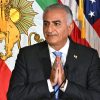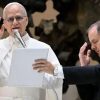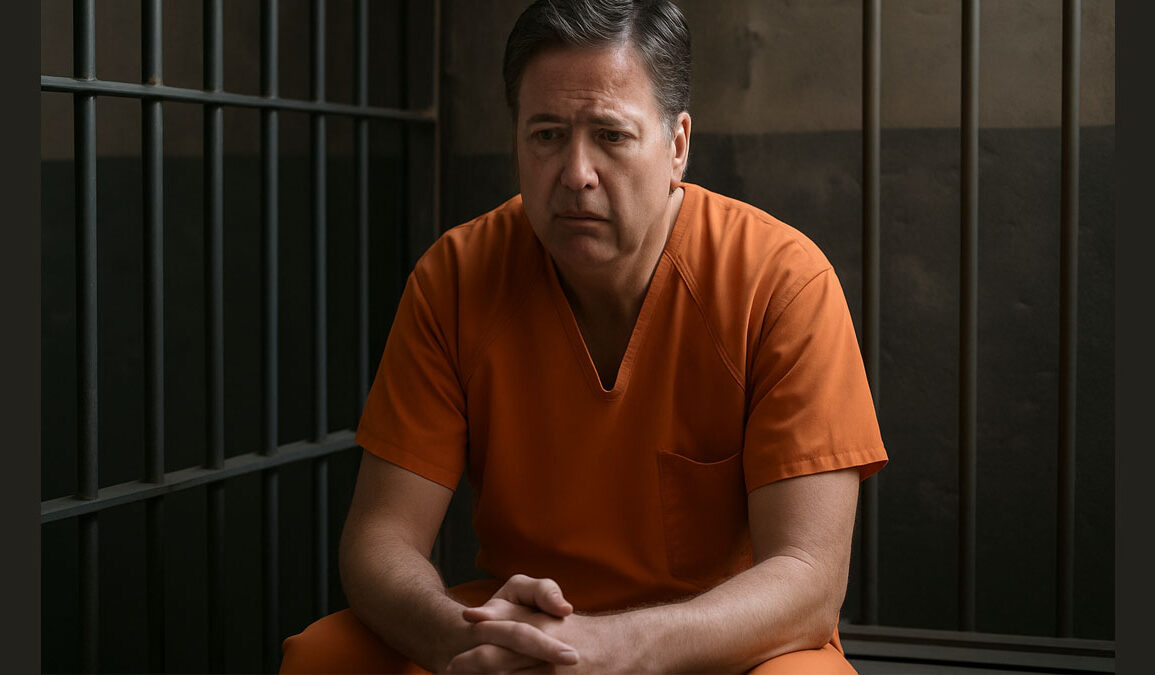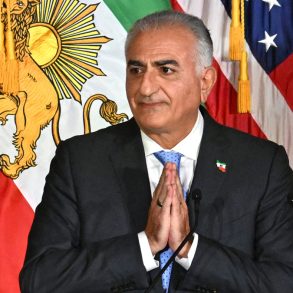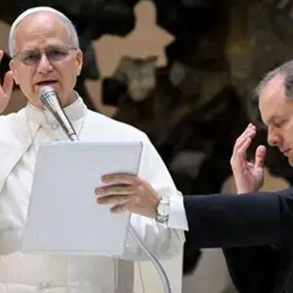James Comey, the former FBI director who led the bureau from 2013 until President Donald Trump fired him in 2017, has long been at the center of some of the most bitter political battles in modern Washington. Comey once sold himself as a model of integrity, but critics argue he was anything but. They point out that he oversaw the launch of the Trump-Russia investigation known as “Crossfire Hurricane” in 2016, which fed years of headlines about collusion but never resulted in a single charge against Trump.
The investigation left a permanent mark on Trump’s presidency. Trump has described it as a “witch hunt” and a “hoax,” accusing Comey of letting false information drive an assault on his legitimacy. In Trump’s view, Comey was not a man of honor but a political operator who worked with others to undermine the president of the United States.
What Comey Is About to Be Charged With
The Justice Department is expected to ask a grand jury in Virginia to indict Comey within days. According to multiple reports, prosecutors are zeroing in on whether he lied to Congress during his September 30, 2020 testimony about the Russia investigation. At the center of the issue is whether Comey authorized a leak of information to the press.
Senator Ted Cruz, who grilled Comey at the time, later wrote to the Justice Department that Comey’s testimony was contradicted by his deputy Andrew McCabe. Cruz said plainly, “Mr. Comey and Mr. McCabe’s statements are irreconcilably contradictory. Mr. McCabe says that he told Mr. Comey of the leak and that Mr. Comey approved. Mr. Comey, on the other hand, has said that he neither authorized the leak nor knew of Mr. McCabe’s involvement. One of them is lying under oath, a federal crime.”
If prosecutors bring perjury charges, they must do so before next week, when the five-year statute of limitations expires.
Trump has never hidden why he fired Comey in 2017. To Trump, Comey represented an FBI that had gone rogue. Trump told reporters recently that during his first term, “They were ruthless and vicious. I was impeached twice. I was indicted. We have to act fast. If they’re not guilty, that’s fine. If they are guilty or if they should be judged, they should be charged. And we have to do it now.”
By removing Comey, Trump claimed he was trying to stop the bureau from continuing down a path of political abuse. Comey, for his part, tried to portray himself as a victim, but critics argue that his firing was long overdue.
The Speculation Around Comey’s Misdeeds
The allegations go beyond one lie to Congress. Justice Department officials have also been reviewing the FBI’s handling of classified information under Comey’s leadership. There are also broader concerns about whether Comey knowingly pushed an investigation built on weak or false evidence, allowing opponents of Trump to weaponize the Russia story.
John Fishwick, a former U.S. attorney, explained how difficult the perjury charge could be to prove. “Perjury is a very difficult crime to prove,” Fishwick said. “The department must show that a particular statement was false and that the defendant knew it was false at the time he or she testified. Because of the difficulty of proof, it is not often pursued.” Still, the fact that prosecutors are racing to meet the deadline shows how serious the matter has become.
Some inside the Justice Department have raised doubts about whether the case can succeed. According to reporting, prosecutors presented new U.S. Attorney Lindsey Halligan with a memo arguing that the case lacked evidence strong enough to show probable cause. One source familiar with the discussions said the memo laid out why charges should not be filed, echoing the position of Erik Siebert, the prior U.S. attorney in Virginia who was pushed out after he refused to move forward against Comey.
Opponents of prosecution argue that Trump is pushing the department to use its power as a weapon against his enemies, a move that could damage the Justice Department’s credibility. They fear that even if the case is brought, the weakness of the evidence could lead to an embarrassing failure in court.
Trump and his supporters see things very differently. Trump has repeatedly blasted Comey and other opponents in public. On Truth Social, Trump wrote, “They’re all guilty as hell, but nothing is going to be done. We can’t delay any longer, it’s killing our reputation and credibility.” He later told reporters, “I just want people to act. They have to act. We want to act fast.”
To Trump and many of his allies, Comey symbolizes a dangerous double standard. If an ordinary citizen lied to Congress, they would face charges without hesitation. To let a former FBI director off the hook, they argue, would be to admit that insiders are untouchable. As Trump put it, “Justice must be served, now.”
The Larger Meaning of the Case
The looming indictment of James Comey represents more than just one man’s potential downfall. It highlights years of anger over how the Trump-Russia investigation unfolded, how false narratives were spread, and how powerful officials escaped responsibility.
With great power comes great responsibility. Comey, entrusted with leading the FBI, instead allowed politics and misinformation to stain the bureau’s credibility. If the grand jury decides to indict, it will be a signal that great punishment must follow when great power is abused.
For many Americans, Comey is not the noble figure he claims to be. He is the face of a broken system that turned the nation’s top law enforcement agency into a political weapon. And now, after years of waiting, the system may finally turn its attention back on him.


